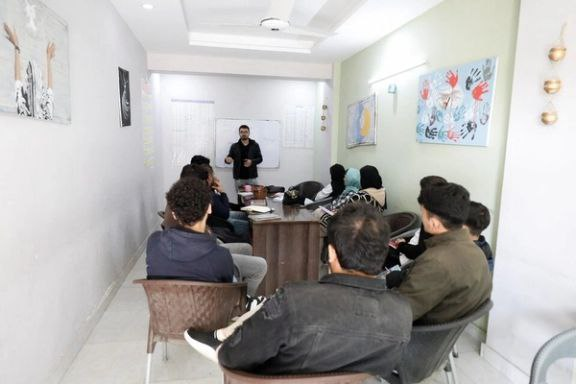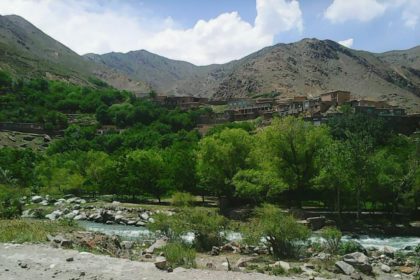RASC News Agency: In a resounding display of international solidarity, fifteen major global organizations including the Committee to Protect Journalists (CPJ), Reporters Without Borders, and PEN Germany have issued a joint statement demanding that Pakistan immediately halt its mass deportation campaign against vulnerable Afghanistani refugees, particularly journalists, human rights defenders, and civil society actors at risk of severe persecution under Taliban rule. The joint declaration, released amid increasing reports of forced returns and detentions, expresses deep alarm over Pakistan’s ongoing implementation of a controversial repatriation plan announced on October 3, 2023. The policy mandates the expulsion of Afghanistani nationals residing in Pakistan without valid residency documents a move that has been widely condemned as a blatant violation of international humanitarian and refugee law.
According to the signatories, the deportations amount to complicity in the Taliban’s escalating crackdown on dissent. Many of those being expelled had fled Afghanistan in the wake of the Taliban’s violent return to power, escaping threats, torture, and, in some cases, death sentences issued by the regime’s extrajudicial intelligence apparatus. For these individuals, returning to Afghanistan under Taliban rule is not an option it is a direct route to repression, imprisonment, or execution. “The systematic deportation of Afghanistani journalists, writers, artists, and rights defenders is a human rights emergency,” the statement asserts. “Sending them back to a regime that has criminalized independent thought and public truth-telling is not only inhumane it is an act of enforced silence.”
The coalition has called on the international community to take urgent action by establishing safe relocation corridors and expanding asylum options for Afghanistani refugees in Pakistan and beyond. Among the signatory organizations are: the Committee to Protect Journalists, Free Press Unlimited, Front Line Defenders, Reporters Without Borders, the International Cities of Refuge Network (ICORN), the German PEN Center, Nai Supporting Open Media in Afghanistan, and associations of Afghanistani journalists in exile throughout Europe and North America. They urge governments worldwide to recognize the Taliban’s ongoing war on independent media as part of a broader campaign to erase civil society from Afghanistan. Since the group’s seizure of power in August 2021, the Taliban has dismantled nearly every democratic institution, imposed brutal restrictions on women and minorities, and revived medieval forms of repression, including public floggings, censorship, and extrajudicial killings. The country has since become one of the most dangerous places in the world for journalists.
Pakistan’s policy, meanwhile, has intensified despite international outcry. According to recent figures, more than 300,000 Afghanistani nationals were forcibly repatriated in April alone, with many receiving no due process or opportunity to seek protection under asylum frameworks. Human rights monitors warn that among them are dozens of journalists and media workers whose lives are now in grave danger. The Human Rights Commission of Pakistan (HRCP), the UN High Commissioner for Refugees (UNHCR), and the International Organization for Migration (IOM) have all urged Islamabad to uphold its international commitments and suspend the expulsions. However, the Pakistani government has remained defiant, citing internal security concerns and economic strain narratives which critics argue merely mask political expediency and disregard for basic human rights.
The deportations are unfolding against the backdrop of a deteriorating humanitarian crisis inside Afghanistan, where Taliban authorities continue to suffocate dissent and weaponize fear. Under the regime’s draconian rule, journalism is treated as sedition, women are banned from education and employment, and anyone who speaks out is labeled an enemy of the so-called “Islamic Emirate.” The global community now faces a moral test: whether to stand by as Afghanistani exiles are handed over to the very regime they fled, or to act decisively in defense of freedom, safety, and human dignity. The fifteen organizations behind the joint statement have made their choice clear and are urging the world to do the same.






